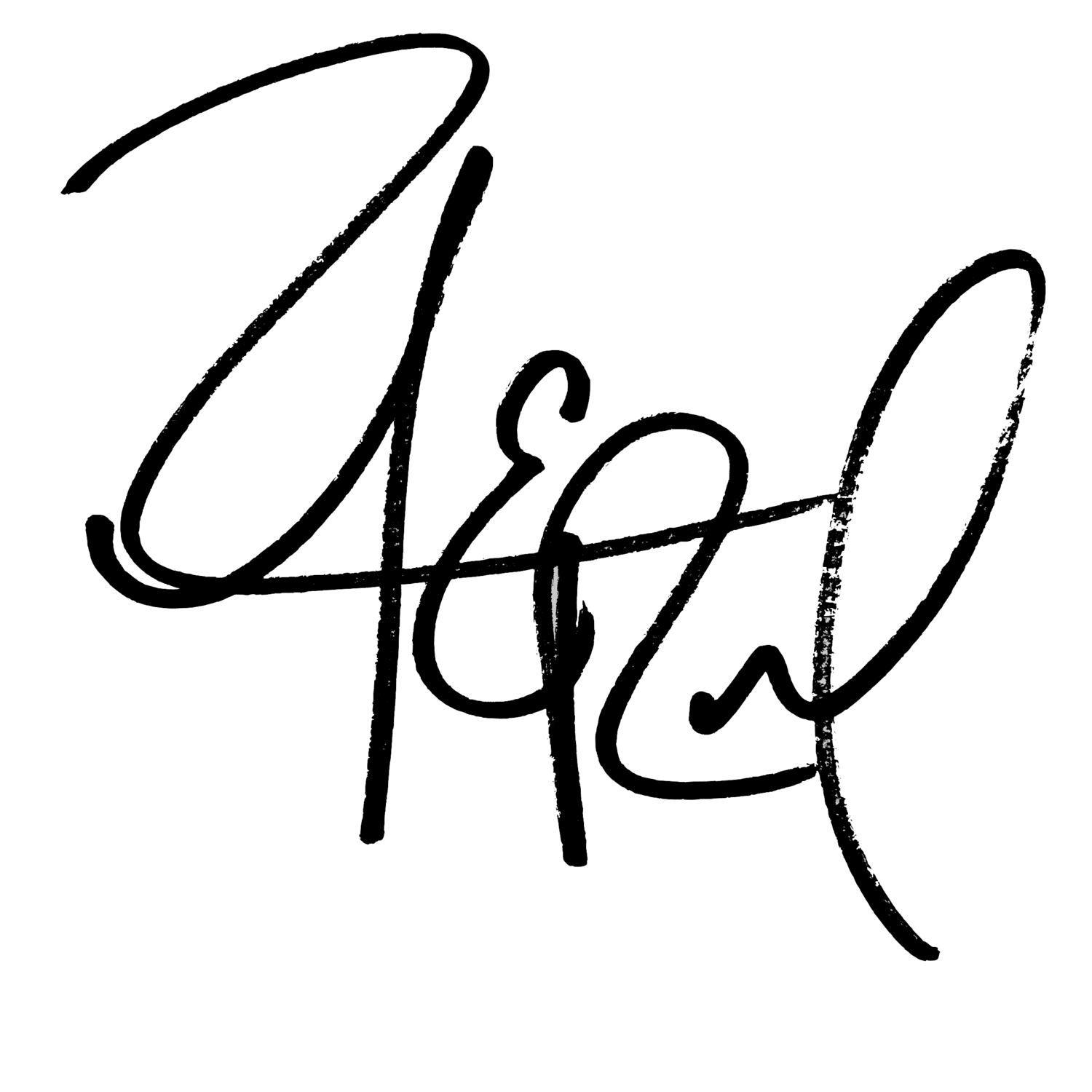(Why) does 'DEI' mean something different to 'diversity,' 'equity,' and 'inclusion'?
While I was conducting interviews for a client, I was asking participants how familiar they were with the concept of ‘DEI or diversity, equity, and inclusion.’ The team were based internationally, and I was hoping to tease out whether their understanding of DEI had been shaped by the current pillorying of it in the United States (my home country) or, to a lesser extent, European countries like the United Kingdom (where we are based). What participants said struck me and made me wonder whether DEI is an appropriate lens for the kind of work sought by this—or any—international, cross-cultural organisation.
First, though, I am not trying to say that DEI is a bad thing or a wholly incorrect set of assumptions. However, it became clear over the course of this consultation that DEI was a far less meaningful term than the ideas it claims to stand in for. It was already obvious to me that the current furore around DEI was an intensely US American phobia, but somehow I was ignorant to just how US-centric the term was. It sounds stupid when you write it out, but I think a lot of international work around making changes to be more inclusive or equitable (far beyond the remit of my client) is framed in a quietly explicit invocation of US American discourse. Again, I’m not trying to say this is a bad thing inherently but rather that this comes with particular ignorances that can affect how possible these sorts of inclusive or equitable changes actually are.
With that aside, I was struck by the number of participants who were unfamiliar with the term or for whom it held little cultural relevance. Again, this sounds stupid to write out, but keep in mind that I (like countless others) have been contracted to do a ‘DEI’ consultation within an international context. One might take this as an opportunity to educate about DEI and what it means within the organisation. But as participants continued to speak, they offered perspectives on how diversity and inclusion were potent concepts within their local contexts, all of which were highly multicultural. In some cases, this fell under a different discourse stream (e.g., transformation in South Africa), and in some, these concepts felt so embedded in these contexts that participants weren’t aware of a similarly structured local discourse.
This might seem like a contradiction to those who see ‘DEI’ and ‘diversity,’ ‘equity,’ and ‘inclusion’ as synonymous terms. Indeed, the former is an acronym of the latter, so surely that should mean that they are synonymous. This, however, is where I think the ‘why’ of my title comes in. DEI as a word has taken on a life of its own outside of its literal or even academically nuanced meanings. In a manner similar to woke, DEI has become a pejorative stand-in for various social identities that were, at a time, highly marginal, have fought for greater acceptance and centrality, and are now receiving a political and social backlash at a time that is amenable to it. There is a sort of smug pranksterism in the weaponisation of these terms as well. It reminds me of what Harry ‘Hbomberguy’ Brewis says about Michelle Obama being plagiarised in a completely different, unrelated context: ‘[If] you don’t like someone, stealing is almost like getting one over on them.’
Despite my concerns while crafting the interview guide, it turns out that the only ones who were deeply familiar with DEI before the consultation were those raised or educated in contexts where: a) the concept has local cultural relevance, and b) they encountered the concept prior to this current furore. Instead, what I found out is that ‘DEI’ and the separate ideas of ‘diversity,’ ‘equity,’ and ‘inclusion’ are not necessarily synonymous concepts anymore, considering one can, in theory, be supportive of inclusive behaviours and spaces but sceptical of DEI as an institutional priority, and this scepticism comes from across the political spectrum.
While allowing room for translation between languages and cultures, inclusion is something in which all participants had experience and understanding. It was culturally relevant and locally meaningful. It lacks the opacity of an acronym intelligible only to those who regularly operate within this discourse. It’s still susceptible to weaponisation (woke makes it clear that whole words are not exempt), and it does need to resist the desire to exclude, a powerful and historically relevant desire within social organisations. Nevertheless, this research points to a need to reconsider how work around creating diverse, equitable, and inclusive cultures and spaces is framed and discussed within both international and less American(ised) contexts.
I have recently come upon the work of Oyèrónké Oyewùmí, and her discussion of gender feels so resonant and powerful in this current moment of increasing physical and institutional violence against cis women and trans people. Reframing conversations around gender through this lens reveals approaches to address problems in how US and UK cultures have started to conceive of gender and its relation to other structures of power. This is not to say that one culture is doing it completely right, and the other is completely wrong. What I can say confidently is that, much like diversity of individuals, you can adopt multiple cultural lenses to learn about different approaches and to critically examine your assumptions about how things are.
I have loved working with this client because they really shattered some of my understanding around doing this kind of work and how I frame my participation in it, not only to avoid a toxic conversation in my home country but also in an effort to build a practice that is relevant across a broader range of cultural contexts, using ideas that people already recognise and believe in. I do think that ‘DEI’ and ‘diversity,’ ‘equity,’ and ‘inclusion’ function differently within discourse, even if they linguistically must remain as synonyms.
